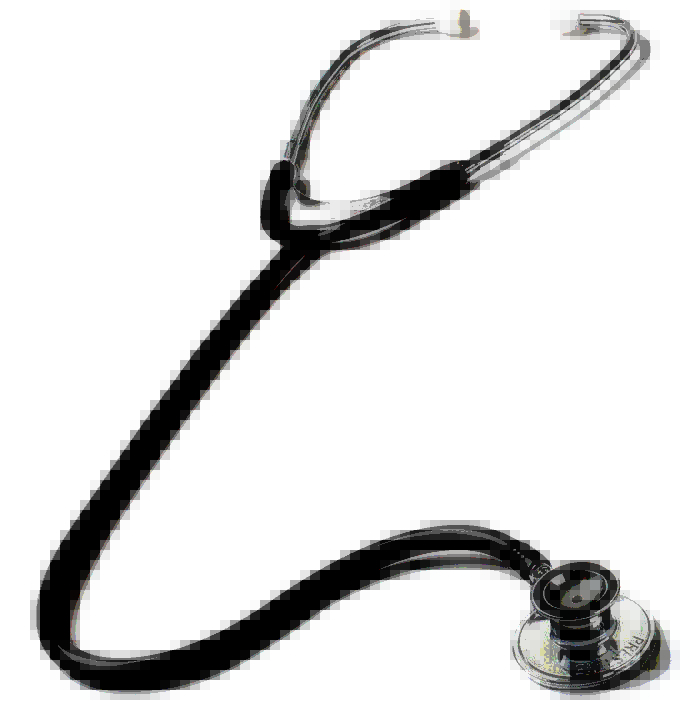Bulk-billing change coming
 The Federal Government has announced a tripling of incentives paid to doctors who bulk-bill certain patients as part of its federal budget.
The Federal Government has announced a tripling of incentives paid to doctors who bulk-bill certain patients as part of its federal budget.
Changes announced last week are designed to help reduce the cost of living for vulnerable people and unclog hospital emergency departments.
The new initiative will benefit eligible patients aged under 16, pensioners, and Commonwealth concession card holders.
By offering financial incentives to GPs who bulk-bill these patients, consultations will be free. The move is estimated to benefit around 11 million people, including around five million children.
Health Minister Mark Butler called it; “The largest increase to the bulk-billing incentive in the 40-year history of Medicare”.
Bulk-billing refers to fees charged by GP practices that match a benefit Medicare pays them for the service, allowing the patient to pay nothing. The government offers additional payment to GPs through the bulk-bill incentive to encourage them to bill vulnerable patients in this way.
The incentive is higher for more remote practices. Currently, GPs in metropolitan areas receive $6.85, while those in very remote areas receive $13.15.
From November 1, the incentive will triple, with GPs receiving between $20.65 and $39.65 for bulk-billing vulnerable patients, depending on their location.
The government hopes that the extra payments will encourage GPs to bulk-bill their vulnerable patients, leading to fewer people relying on overstretched hospitals for basic healthcare.
The incentive targets patients with chronic illnesses or who fit into age groups less likely to be working full-time.
Data shows that bulk-billing rates continued to decline last year, dropping from 87 per cent to 83.4p er cent between July and September.
Doctors' groups and patient advocates have long been calling for the government to address the falling number of GP practices willing to bulk-bill.
While the increased bulk-billing incentive has been welcomed by medical groups, it is not necessarily a solution to the problem.
According to Nicole Higgins, the president of the Royal Australian College of GPs; “Not every GP will go and bulk-bill because of this because of the cost of providing care. What is important is that we actually have a safety net for vulnerable and disadvantaged patients, and that's what this budget supports”.








 Print
Print